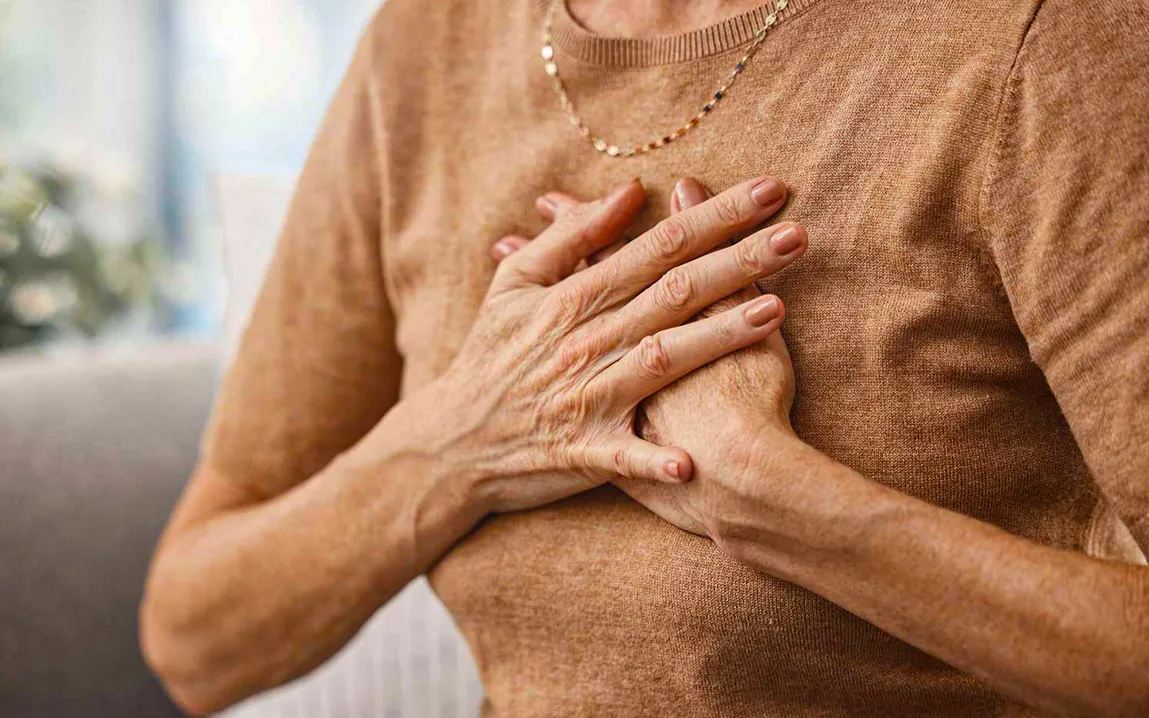The 47-year-old Rachel Martin dismissed her weariness and slight chest pain to balance her professional and familial responsibilities. She nearly had a heart attack months later, which is a concerning reminder that women frequently fail to recognize the warning signals of cardiac problems until it is almost too late.
Medical professionals have suspected that women’s heart disease risk factors are not only overlooked but may also have a greater influence than men’s, and this is now supported by a new study.
The research, which was shared at the American College of Cardiology’s Annual Scientific Session, analyzed health data on over 175,000 Canadians and discovered that while women typically live healthier lives, they face a disproportionate burden of risk factors tied to poor lifestyle choices such as high blood pressure, high cholesterol, and unhealthy eating.
The principal investigator, Dr. Maneesh Sud, a cardiovascular specialist at the Sunnybrook Health Sciences Centre in Toronto, said, “The same risk factor appears to have a larger impact on women.”
Women demonstrated a higher association between bad scores on these health indicators and cardiovascular disease outcomes, even though nearly twice as many of them followed optimal diets as men did and maintained healthier blood pressure and glucose levels.
Dr. Rachel Bond, a cardiologist from the United States who was not involved in the study, underlined the need to change the way doctors advise women.
Blood pressure, cholesterol, and other risk factors are often labeled as gender-neutral. However, in this study, the results indicate that we can no longer consider women’s hearts in a similar manner to men’s.
Hormonal shifts may result in the loss of estrogen’s natural heart disease prevention, particularly around menopause. Although hormonal implications were not specifically mentioned in the study, it does provide a broader discussion of how aging and menopause interact to affect women’s cardiovascular health.
In the US, where stress, hectic schedules, and bad eating habits are common, the findings are particularly significant.
According to Dr. Annapoorna Kini of Mount Sinai’s Heart Hospital, “In America, being an overachiever frequently means sacrificing self-care.” Women are particularly affected by that. They put other people’s needs ahead of their own, put off going to the doctor, and disregard symptoms.
The good news is that women are even more protected when they adopt healthy lifestyle choices. Women can significantly lower their risk of heart disease even more so than men in comparable circumstances by simply making dietary changes, exercising frequently, getting enough sleep, and controlling stress.



